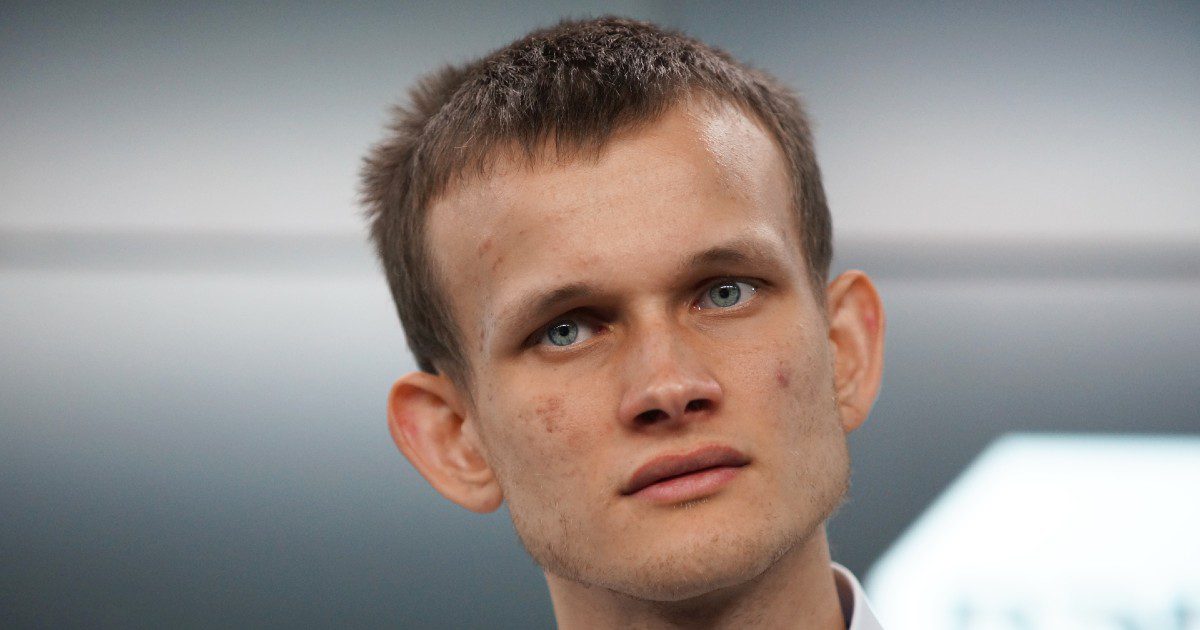Vitalik Buterin, co-founder of Ethereum, discusses the current state and potential of memecoins, suggesting alternative approaches such as charity coins and Robin Hood games for a positive sum experience, emphasizing the importance of combining charitable initiatives with game mechanics.
In a recent blog post titled “What Else Could Memecoins Be?”, Vitalik Buterinco-founder of Ethereum, explores the current landscape of memecoins and considers their potential beyond the realm of meme culture.
Buterin begins by reflecting on an article he wrote ten years ago, before the public announcement of the Ethereum project. In this article, he argues that coin issuance could be a new way to finance important public projects. He envisioned a scenario where people could hold, accept and trade coins associated with specific causes, thereby facilitating the funding of those causes. This idea of using coins as a means of large-scale financing moved away from traditional market mechanisms and institutional frameworks.
Fast forward to 2024 and memecoins have become a major topic of discussion in the crypto space. While memecoins like Dogecoin have gained popularity in the past, the recent resurgence has left many feeling uneasy. Some Solana memecoins have been associated with racist content, and even non-racist memecoins often lack significant value outside of speculative price fluctuations.
The outrage surrounding memecoin raises important questions. Rather than simply dismissing these endeavors, Buterin suggests exploring alternative approaches that could provide a more positive experience for participants.
One such approach involves charity coins, where a significant portion of the token supply or current fees are dedicated to charitable causes. Buterin highlights examples such as “GiveWell Inu” and “Fable of the Dragon Tyrant” that aim to support GiveWell and cultural projects related to anti-aging research, respectively. While these initiatives had their flaws, they demonstrated the potential of combining cryptocurrency with philanthropy.
Buterin also introduced the concept of Robin Hood games, where the supply of memecoin is partially allocated to maintain public goods valued by the community. This approach aims to improve the experience of the average user by creating meaningful and fun games that leave lower-income players economically better off. By including mechanisms that allow players to vote on the allocation of funds to different charities, both fun and charitable aspects can be combined.
However, creating truly enjoyable games within the crypto space presents its own challenges. Buterin acknowledges the difficulties projects like Axie Infinity face in finding the right balance between entertainment and financial incentives. He expresses confidence in teams like 0xPARC, known for their success in developing crypto games like Dark Forest and FrogCrypto, that prioritize the enjoyment of the game over monetary gains.
In conclusion, Buterin calls for the crypto community to take a more nuanced approach when evaluating memecoins. While he rejects coins associated with scams or divisive ideologies, he recognizes the importance of fun and entertainment in the space. By promoting higher-quality, positive-sum projects that contribute significantly to the ecosystem, the crypto space can evolve in a way that aligns with users’ desires and values.
Image source: Shutterstock

